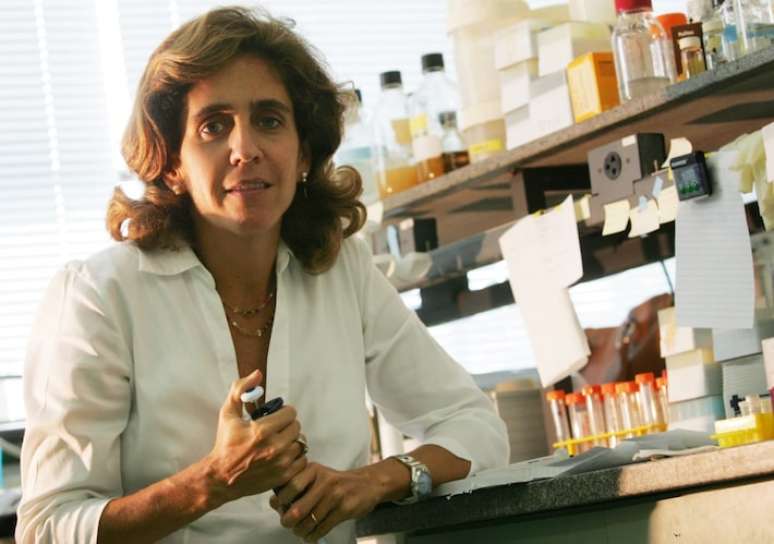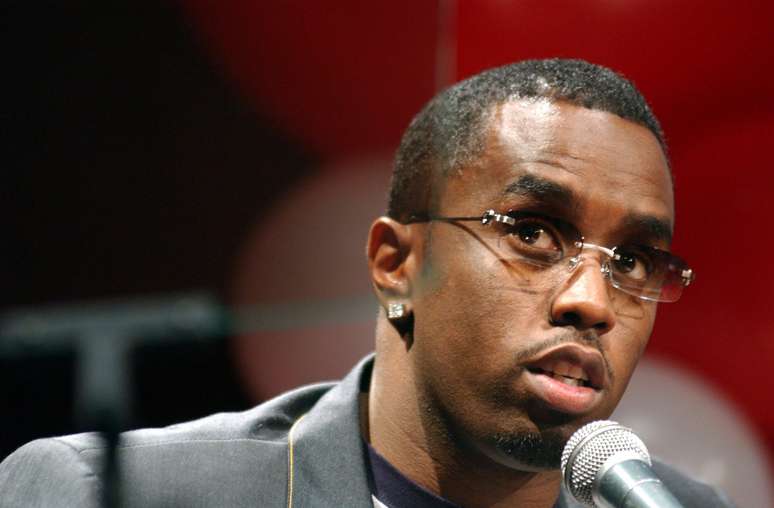The scientist creates a company to map the Brazilians and improve the health of the population
THE geneticist Lygia da Veiga Pereira He says he has a mission: to improve the quality of life of the Brazilians. For this, he created the Gen-T company (the pronunciation is people), who started to map the DNA of the population with the aim of creating more effective treatments and medicines for specific segments of the population.
The grandson of the publisher of the book José Olympio, Lygia, who assumes his first invested in the private area, claims to have almost followed the profession of his grandfather, but suffered the influence of the school environment, not that of his home, to follow his profession. “I think this is a lot of influence from the teachers we are finding halfway.”
He says that the goal of Gen-T is to explore the genetic diversity of the Brazilian population, with the genetic mapping of 200,000 people. “If we do not do it (this research), we cannot include our population in precision medicine,” he explains.
TO EstadãoThe geneticist states that it is necessary to adapt the scientific progress to the genetic peculiarities of different groups, aiming for the creation of specific medicines. Subsequently, extracts of the interview.
Speak a bit of Gent-T, the company you created. Why does that name have?
The idea of the name is from the union of the gene with technology, but it is a company on us, on our people. And what we want is to take advantage of the wealth of the genetic diversity of the Brazilian population to encourage, accelerate innovation in the health sector. What we want is to bring out this diversity and, from it, new knowledge can arise. And many of them have applied themselves to improve the health of the Brazilian.
And what is the purpose of the company?
Gen-T begins in 2017, when a series of articles began to show how studies on human genetics and the use of this information can improve people’s health. We call this precision medicine. But these surveys were made only with white genomes, populations that we call European origins. Why? Because these sequencing technologies have advanced a lot, but they are still very expensive, so they took place mainly in Europe and the United States. Suddenly, the scientific community realizes that we are developing this precision medicine for white populations, which is really accurate for people of European origin. At this point, I said: we have to do it here in Brazil, because if we do not do it, we cannot include our population in precision medicine.
https://www.youtube.com/watch?v=diopabbb6x2i
And how does it work?
We have created a great research project in which we recruit volunteers from our population. The people concerned respond to a great questionnaire on lifestyle, because we are not only genome, we are also the result of the choices we make. These volunteers therefore pass through a control in which we will measure, pressure, height, weight, etc. We also make a series of blood tests, because we want to have a photograph of the health of that individual. At this point, there is a term of consent in which we explain the project. There, let’s say we will use this data commercially. The person chooses whether or not they want to participate. If you accept, it allows us to look for its health history in electronic medical records. This volunteer therefore gives a blood tube that will become DNA in our laboratory. This DNA will become a sequence, which will be given. All this feeds our platform.
Do you think in the future we will have drugs only for an individual or a family?
Economically, I find it very difficult, but you will have medicines for groups of people. You will better buy that you have a certain percentage of the population that has a specific genetic variation, which makes medicine more effective than remedy B. When you go to a psychiatrist and you need an antidepressant, the only way to know what will work for you is testing. It is an attempt and error. What we want is to know what are the genetic variations of each of us who will make a particular medicine efficient for one person or another.
And what number of people do you intend to reach?
Our goal is to reach 200 thousand people on the platform by the end of 2027. It is a huge goal, but it is possible. With this number, we have a statistical power to answer many questions.
You are nephew of the famous Jose Olympio. His father was also a book publisher, his brothers raised the sestant and today they are partner of the abstinct and you have a banker brother. How did you enter this sector?
When I was a child and teenager, I was very close to my father. At the time he had a publisher, Salamandra, who was a publisher aimed at the public for children. I was going around, but suddenly, when I moved to high school, I went back to run out. I think this is a lot of influence from the teachers that we are finding halfway. Now we have this epigenetic in the family, which is the influence of the environment, of having been José Olympio’s grandson, who is truly a man very focused on the mission of Brazilian culture. So we bring this to make the difference.
How much of our personality in adulthood is genetic or learned?
From a rigorous point of view, we use twins studies to test any feature. We compare the univteteline twins, identical, with the unsally identical. Then I think this thing of the personality is genetic disturbs people a little. But think of dog competitions. They are crossed and select not only the appearance but the temperament. I think this is a huge demonstration of how personality has genetic components.
Source: Terra
Rose James is a Gossipify movie and series reviewer known for her in-depth analysis and unique perspective on the latest releases. With a background in film studies, she provides engaging and informative reviews, and keeps readers up to date with industry trends and emerging talents.






